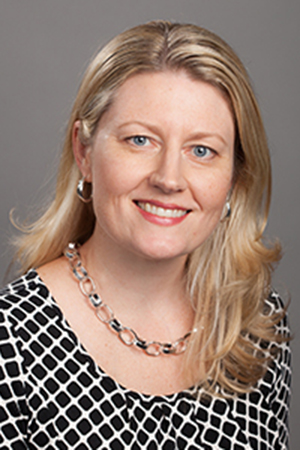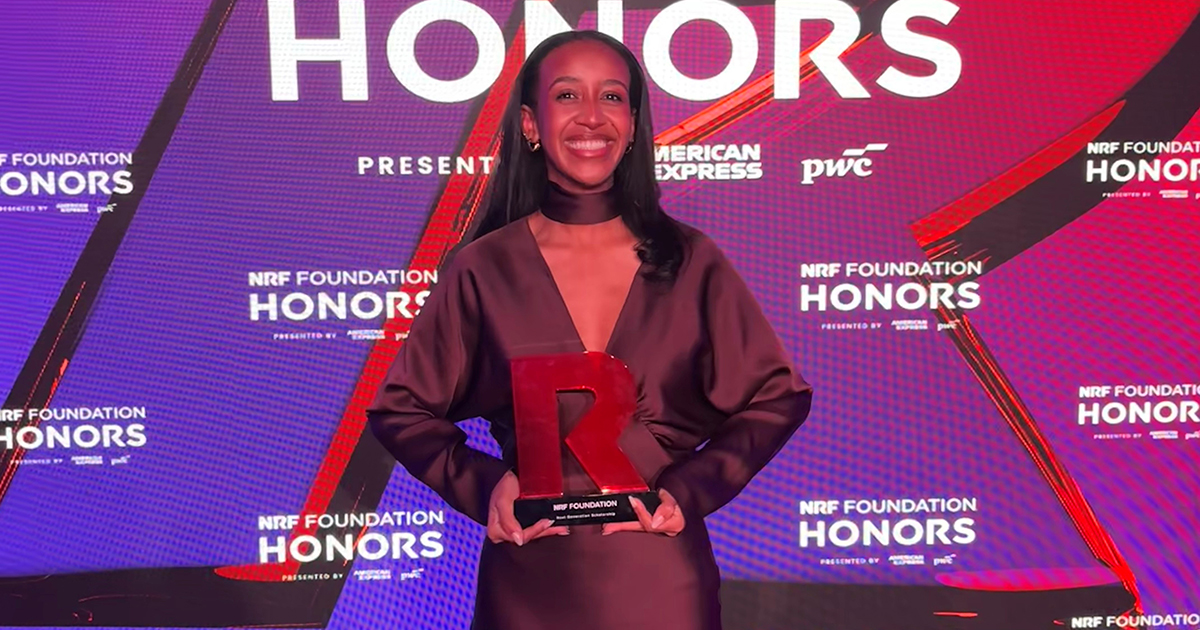I’ve Spent Decades Studying How Mentors Make You Successful. Here’s How You Find the Right Ones.

By the early 2000s, working for a single company for your entire career was rare. The new normal was fluid. Employees became more likely to move between organizations, or even switch industries entirely. Job mobility offers flexibility, but it also leaves many of us feeling overwhelmed and looking for guidance.
Editor’s note: This article first appeared in Entrepreneur magazine.
How can we best draw on others’ support as we forge our own careers? I’m a professor of management at Babson College who has spent decades studying how mentors boost individual development and organizational success. After teaching thousands of students and executives, there’s one piece of advice I give everyone:
You need to build a personal board of advisors to help guide your career.
A personal board of advisors is a small part of your overall network: It’s a group of people invested in your success who you can turn to for advice and support. Here are five of the most important things to know about building your board of mentors.
Quality Is More Important than Quantity

A personal board of advisors falls between the solo guru you turn to for every question, and your 500-plus LinkedIn connections. It’s a smaller network of people who care and provide support for you throughout your career, including peers and role models. This network changes over time to reflect what you need at different career stages, as you will rely on them for everything from providing practical advice to advocating on your behalf.
An extensive contact list does not translate to a better network. Prioritize high-quality connections over high-quantity networks. Try making a list of how many people you actually discuss your career with. You’ll notice it’s smaller than you may have thought.
Here are the three characteristics to look for in a high-quality relationship:
- Positive intent—You and your mentor are both entering with good intentions and assume the best of each other.
- Mutuality—You’re both present and engaged when you’re speaking. You have a genuine connection and aren’t just trying to get something out of each other.
- Vitality—You leave the conversation feeling energized rather than drained.
Don’t Put All Your Eggs in One Basket
Everyone benefits from mentoring relationships. My research shows that mentees are happier, more satisfied in their careers, get promoted faster and learn new skills. Mentors get many of the same benefits, plus loyalty among their team and a reputation for supporting others.
However, a common mistake people make when seeking mentorship (and that companies make when setting up mentorship programs) is relying on one person. More than 92% of Fortune 500 companies have mentoring programs in place. But many of these are 1:1 models, where an employee is matched with a single mentor. That’s a lot of pressure on a single relationship and whether you hit it off.
More importantly, you need multiple perspectives on your personal board of advisors. Sometimes, you need support from within your organization. Other times, you need an external eye. Sometimes, you want a person who shares your existing interests. Other times, you want someone who shares new interests you’re looking to explore.
People Are More Willing to Help than You Think
Reaching out can feel daunting. Everyone’s busy, and it can feel like you’re asking a lot. But research on reciprocity shows that when someone asks for help, our immediate instinct is to offer it. People are flattered to be asked for their advice and mentorship. That doesn’t mean you’ll always get a “yes,” but it should make you feel more confident asking.
When you reach out or first meet a mentor, think through how you present your story. This is an introduction, not a sales pitch for why this person should mentor. Be honest; if you’re editing your story to strengthen a relationship with a mentor, it might be a sign to seek someone else.
Take advantage of the moment when you’re new at an organization to reach out to people. There’s never an expiration date on seeking mentorship. But the first few months of a new job offer a natural alignment: It’s when you most need support and when other people are most inclined to give it.
“A personal board of advisors is a small part of your overall network: It’s a group of people invested in your success who you can turn to for advice and support.”
Wendy Murphy, associate dean of undergraduate academic programs and a professor of management at Babson College
Your Peers Are Some of Your Best Mentors
The most underrecognized and underutilized mentors are your peers. As you progress through the ranks into more senior positions, the pool of available mentors above you shrinks. By the time you get to CEOs, who don’t have a boss, peers are the main option to receive mentorship.
Adding peers to your personal board of advisors is helpful at every career stage. A lot of peer mentorship is informal and spontaneous. Structure, however, can also be helpful. Set up a recurring time to meet, whether it’s once a week or once a year. And, as with other mentors, it’s best to have a diverse group of people with different perspectives.
Peer mentoring allows us to grow through the advice we receive as mentees, but also as the mentor who’s offering said advice.
It’s on You to Develop Your Personal Board of Advisors
With the shift toward greater job mobility, companies stopped taking responsibility for cultivating employees’ entire career trajectories. The formal mentoring programs large companies have in place are aimed at developing employees in their role within the organization, not looking out for your career as a whole. You now need to be intentional about building your own career networks. No one will do it for you.
Many executives I work with feel lonely in their professional journey. Oftentimes, the only person they’ll discuss their career with is their spouse or partner. They come to understand that they haven’t paid enough attention to their own growth and development.
Even as an expert who teaches about building networks, I sometimes forget to focus on my own. But I remind myself that creating and maintaining quality relationships with multiple mentors is good for me, good for my advisors and good for my employer.
It’s a win-win-win worth investing in.
Wendy Murphy is the associate dean of undergraduate academic programs and a professor of management at Babson College. She teaches organizational behavior, leadership and negotiation across undergraduate, MBA, MSEL, and executive education programs.



